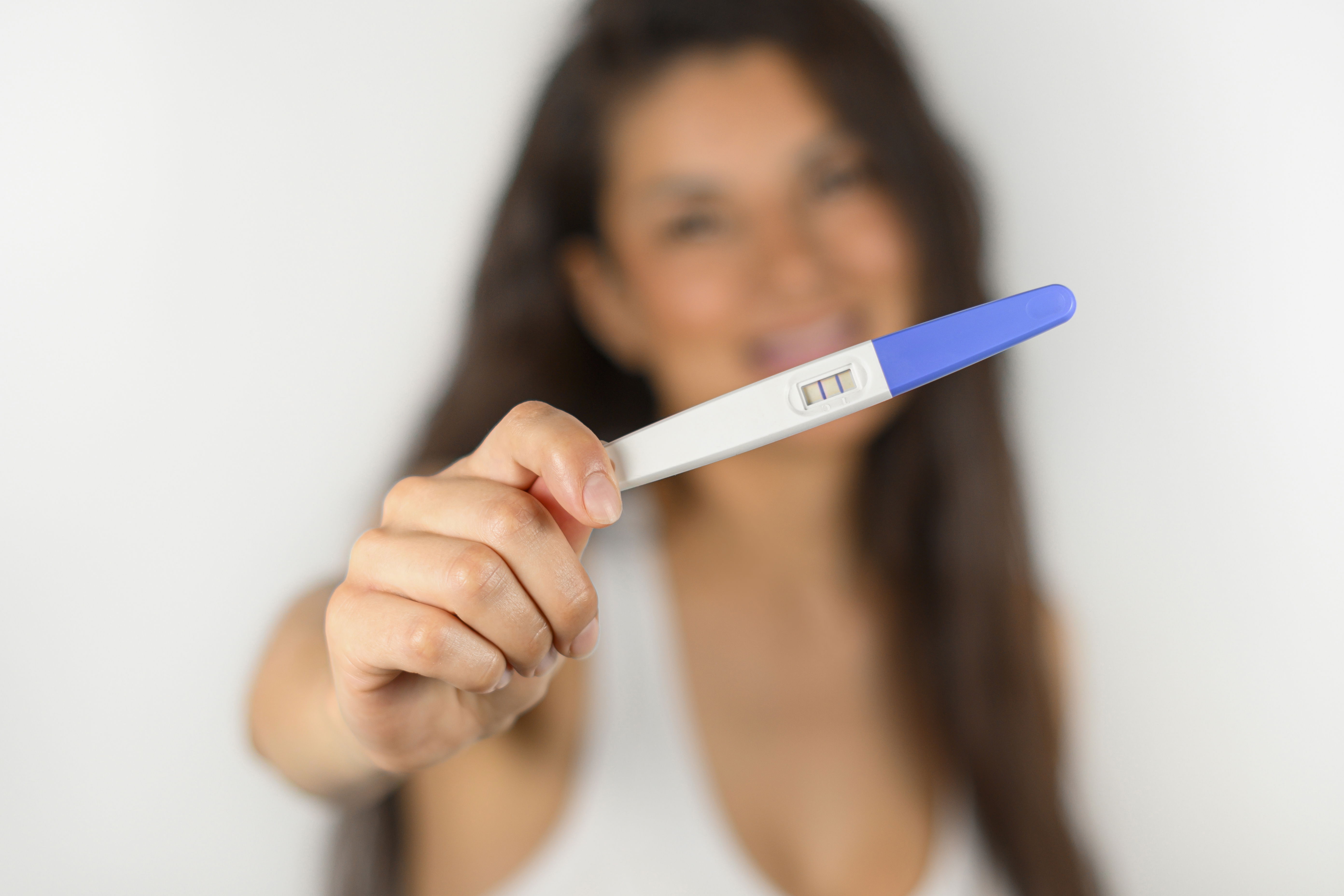Pregnancy tests
A pregnancy test is a useful tool for confirming pregnancy right after a missed period. These tests are easy to find and can be done at home. They detect the hormone beta-HCG (human chorionic gonadotropin) in urine or blood, which indicates a possible pregnancy. Let’s look at when to take a test for reliable results and how to interpret those results.
What is a pregnancy test?
A pregnancy test checks for beta-HCG, produced by cells in the placenta about 6 to 10 days after fertilization. This hormone can be found in urine or blood and reaches levels that confirm pregnancy from the first day of a missed period.
When should you take a pregnancy test?
Here are some helpful tips:
First day of missed period: Most tests work best on this day for accurate results. Some sensitive tests can detect pregnancy a few days earlier.
Morning is best: Testing in the morning with your first urine gives the most concentrated HCG levels. If that's not possible, wait at least three hours after your last urination.
Wait to reduce false negatives: If you suspect pregnancy but get a negative result, it's wise to wait a week before retesting or consult a healthcare professional.
What types of pregnancy tests are there?
Urine test: These are the most common home tests. They detect HCG in urine and are quite accurate when used correctly. Depending on the test type, you may need to:
- Place the strip under the urine stream.
- Collect urine in a container and dip the strip.
- Use a dropper to add a few drops of urine to a test cassette.
Blood test: This is done at a lab or your doctor's office. It measures not just HCG presence but also its quantity, helping assess pregnancy progress or specific concerns like ectopic or multiple pregnancies. Keep in mind that blood tests can yield positive results just days after implantation.

How reliable are pregnancy tests?
Most urine tests are about 99% accurate when you follow the instructions closely. However, a few things can affect that reliability:
Testing too early can lead to false negatives. Some fertility treatments with HCG may cause false positives. Additionally, irregular cycles might delay egg implantation and HCG production
How should we interpret the results?
Positive result: It's a good idea to confirm this with a medical appointment. A blood test and ultrasound will verify the pregnancy and start prenatal monitoring.
Negative result but persistent delay: If your period doesn’t arrive, consider retesting in a few days or consulting a professional. Some medical conditions can cause menstrual delays, regardless of pregnancy.
What are some common mistakes to avoid with a pregnancy test?
To ensure your pregnancy test is accurate, here are some common mistakes to avoid:
1. Not respecting the recommended time limits: Waiting for your menstrual delay increases reliability.
2. Not following the instructions: Each test has specific guidelines, and errors can lead to incorrect results.
3. Drinking too much fluid before the test: This can dilute the HCG in your urine and reduce sensitivity.
Pregnancy tests are reliable tools for quickly detecting pregnancy. For the best results, follow the recommended time limits and check the results as per the manufacturer's instructions. If you're unsure about anything, it’s a good idea to consult a healthcare professional for guidance.